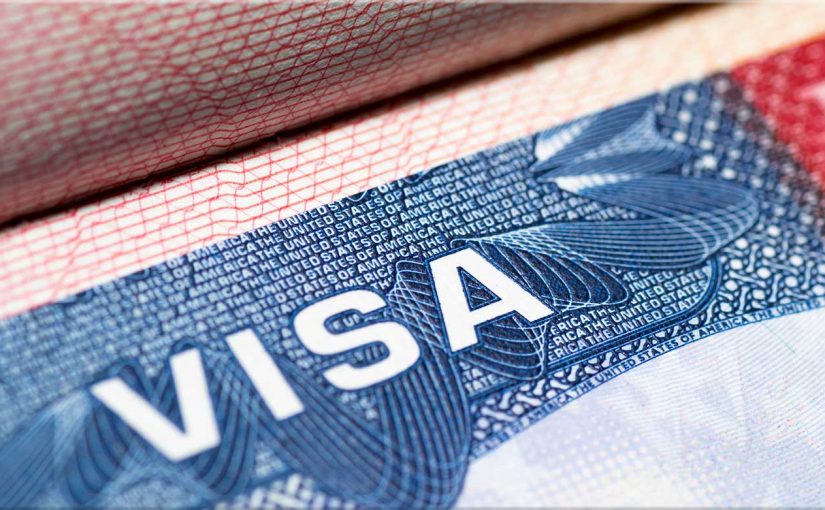
Interviewer: Who is eligible to apply? Are there people that would not be eligible for a waiver?
Jeanne Morales: There are no age restrictions and there are some issues for which there are no waivers allowed.
Criminal History and Medical Issues: It Is Advisable to Examine Your Background Prior to Applying for a Waiver
The amount in type and applicability of waivers in the immigration system are far too numerous within the confines of this conversation. However, what I would want people to know in general is this: Unless they’ve never been to the United States and don’t have a criminal history and don’t have any disqualifying medical situations—before they start any process in filling out paperwork and paying money and disclosing information to the United States government, they ought to make sure that they don’t have any disqualifiers in their background that would prevent them from finishing the process.
Overstaying a Tourist Visa Would Can an Individual to Be Classified as Inadmissible
For instance, here’s one scenario. An individual comes to the United States on a tourist visa. They have entered the United States legally. The maximum amount of time for an entry usually on a tourist visa is six months but they don’t leave. At that point, they’ve lapsed from being a legal individual in the United States to someone who has overstayed, and that causes them to be inadmissible.
Then let’s say an employer offers them a job and offers to fill out the right legal paperwork so that the employer could sponsor them to get a work permit in the United States. Before they engage in that process, they need to look to see, ‘If we get so far down the road and this barrier of inadmissibility is going to come up, how can we overcome it? Is there a waiver available?’ If there’s not, then there’s no point in starting the journey.
Interviewer: So by inadmissible, most of the time it’s that point where they’ve overstayed the allowable time?
An Individual with No Means of Support Would Be Classified as Inadmissible
Jeanne Morales: It could be for somebody who’s never entered the United States, there are certain medical conditions that make you inadmissible to come to the United States. If you have no means of support you would be classified as inadmissible.
The immigration term is that if they believe you potentially would become a public charge and that means you don’t have any way of supporting yourself. Since you can’t support yourself through your own work or through relying on family, and you’re likely to go on welfare when you come to the United States, that makes you inadmissible. You cannot come to the United States even if you have a tourist visa or an immigrant visa or things like that.
It’s not necessarily just because you’re in the United States illegally. It has to do with any number of situations. There are certain diseases that you can’t come in with and there is prior criminal activity, regardless of whether you committed that criminal activity in the United States or in a foreign country. There are also immigration violations that render you inadmissible.
Sometimes we’ll have a couple come in for a consultation. One individual is a U.S. citizen and they married someone who is not a U.S. citizen and they want to put in paperwork form, which is another way people get their legal documents. They intend to do this either through an employer-sponsored petition or a family-sponsored petition. One of the things I want to know is there something in their past that’s going to stop the process?
It Is Important to Consult with an Attorney because Some Individuals with Inadmissible Classifications Can Be Granted Waivers
They spent money and time and we’ve sent paperwork and they’ve had to go to interviews, and the end result is they can’t be granted legal entry because they’re inadmissible. We want to find that out before, because there are waivers or “pardons” for some of the situations that make someone inadmissible.

